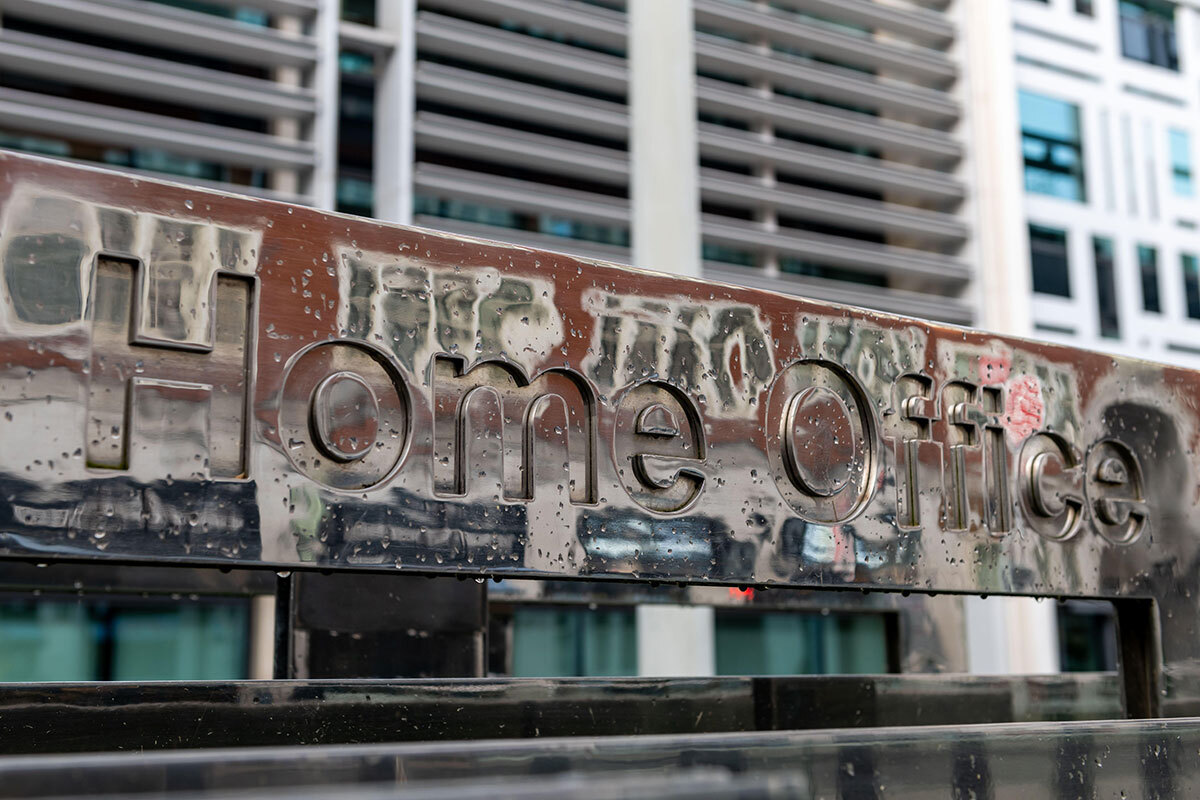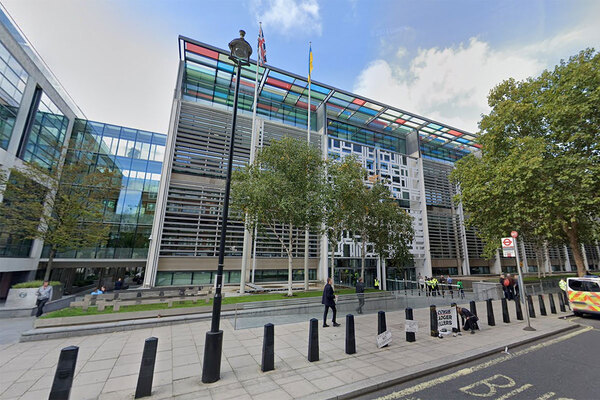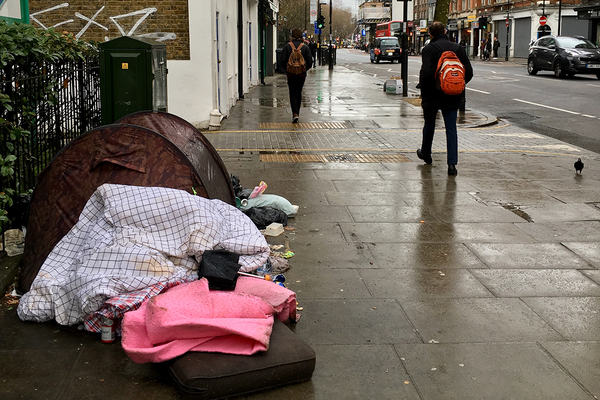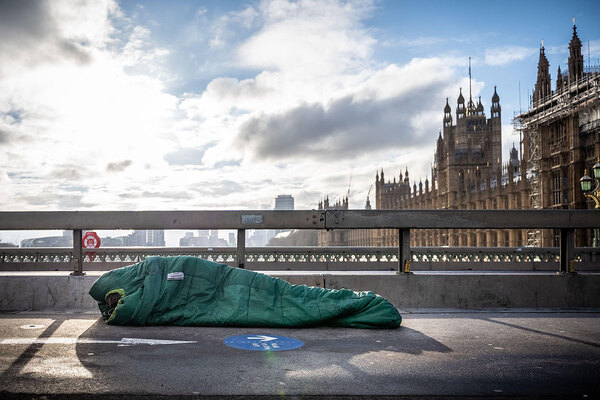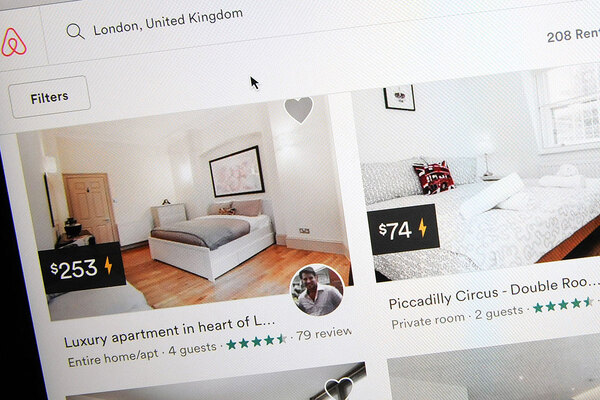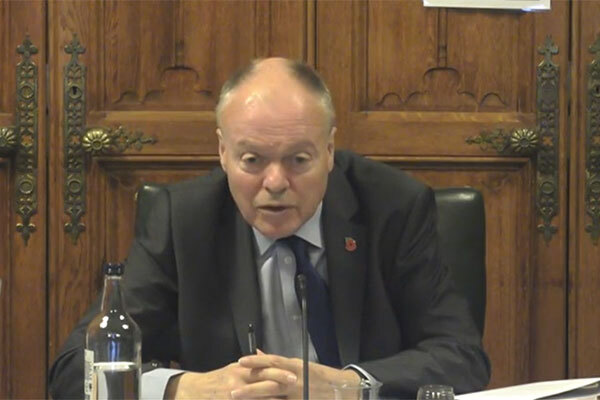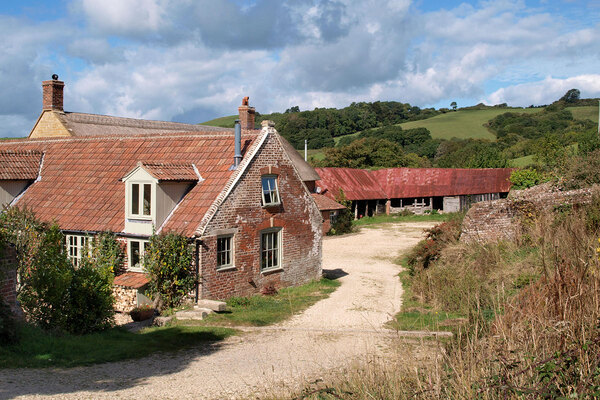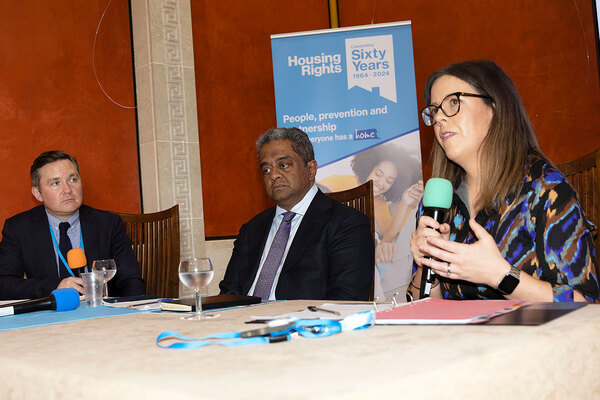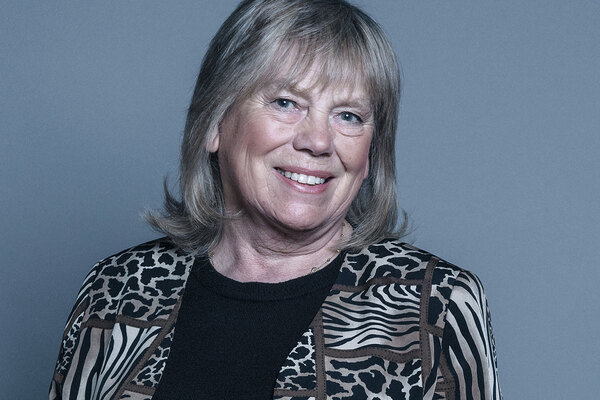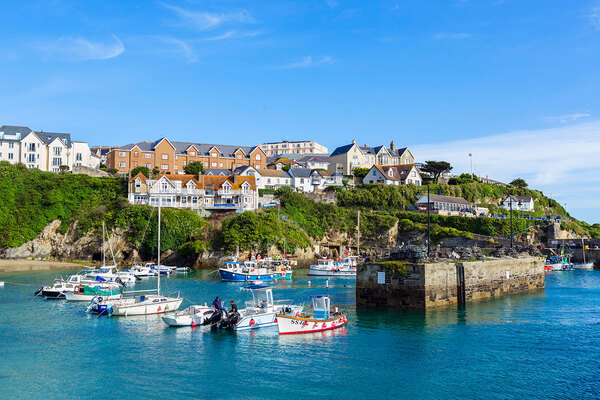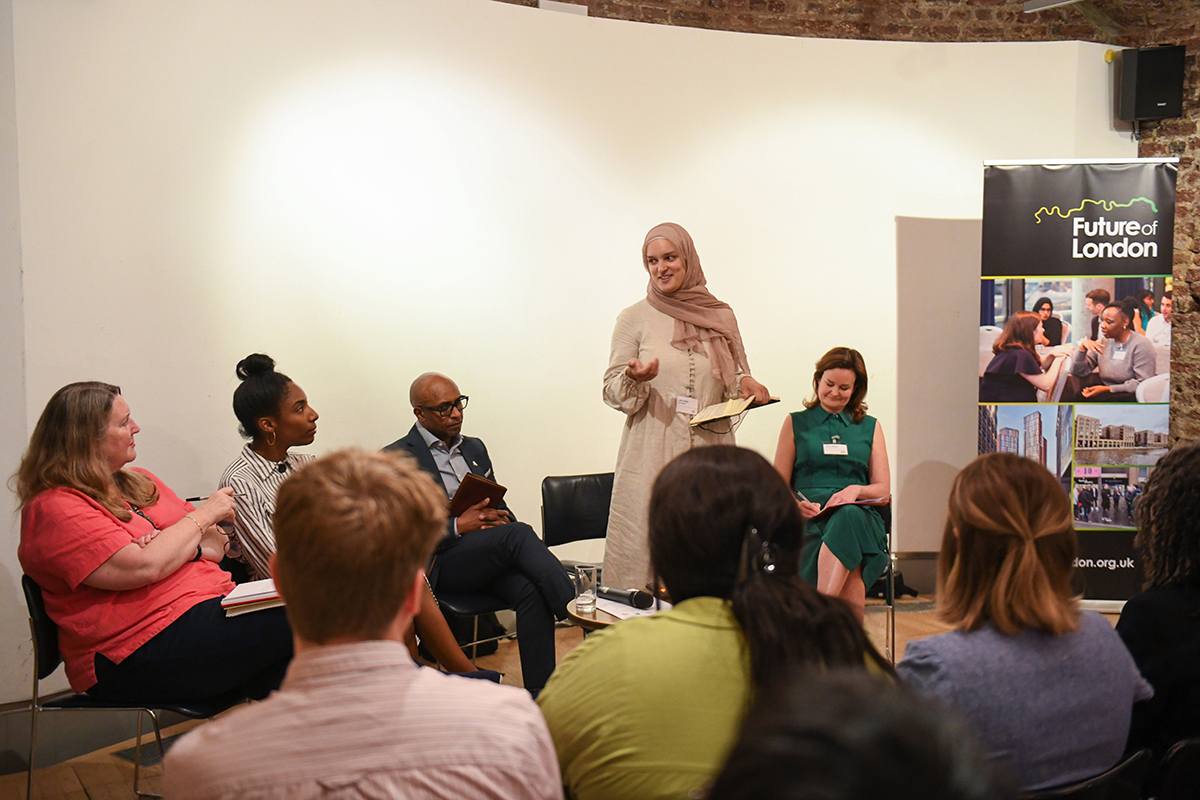You are viewing 1 of your 1 free articles
UK policies make migrants, asylum seekers and refugees ‘destitute by design’, report concludes
Immigration policies in the UK are making migrants, asylum seekers and refugees “destitute by design”, a report has concluded.
The joint report, published on Tuesday and co-authored by the All-Party Parliamentary Groups (APPGs) on poverty and on migration, stated that it is “hard to avoid the conclusion that policy is sometimes designed to push people into poverty in the hope that it will deter others from moving to the UK”.
This is despite there being “little evidence that this would indeed be a deterrent”, the authors said.
The report, called The Effects of UK Immigration, Asylum and Refugee Policy on Poverty, found that this approach is not only ineffective, but it pushes costs on to local authorities, public service providers and the voluntary sector which step in to support people at risk of destitution.
The groups have made several recommendations to the government, including strictly time-limiting the application of no recourse to public funds (NRPF) conditions for those on routes to settlement in the UK and tackling the “acute housing challenges” faced by asylum seekers and refugees in the UK.
The latter includes extending the move-on period for newly-recognised refugees from 28 to 56 days.
The report found that due to a number of changes to immigration policy in recent years the number of people affected by these issues has “increased significantly” and the costs to local authorities, service providers and the voluntary sector have also increased.
The APPGs heard evidence and took testimonies from organisations that work in the poverty and migration sectors, academia and local government, as well as from people with lived experience of migrating to the UK.
“Those we heard from were desperate to work and contribute to society, to stand on their own two feet and, where possible, to reduce their reliance on the state.
“Instead they often find themselves prevented from doing so by immigration policies that can leave them trapped in poverty and destitution,” the authors said.
One asylum seeker surviving on £9 a week said they had passed out from hunger.
The report highlighted housing issues faced by both UK-born households and low-income migrant households, including a limited supply of social housing, housing benefits that have failed to keep pace with rising costs, insecure and poor-quality housing in the private rental sector.
But it stated that as with access to social security, some groups of migrants in the UK face significant additional challenges.
The report said: “Those subject to NRPF restrictions, or without secure immigration status, are ineligible either for social housing or for housing-related benefits.
“This can force them to accept overcrowded or unsafe housing, and puts them at greater risk of homelessness.
“If they are at risk of homelessness, or become homeless, they may be unable to access the ‘last resort’ safety nets that exist to prevent homelessness and provide emergency accommodation and are more likely to end up sleeping on the street as a result.”
Right-to-rent checks also mean that some landlords and housing providers are reluctant to offer tenancies to non-British tenants.
Recommendations for how the national government could reduce the direct effects that immigration policy has on poverty levels in the UK include:
- Reducing the length of time that people spend subject to immigration control, including shortening routes to settlement and tackling backlogs. In particular, the current 10-year route should be reduced to five years.
- Giving those seeking asylum in the UK the right to work after six months, allowing them the chance to support themselves and escape poverty and destitution.
- Urgently review the levels of asylum support. Whatever level is set, provision should be put in place to ensure that asylum support payments are regularly uprated in line with inflation.
- Ensuring that all services for children and young people, including early-years provision and post-16 Further Education, are available regardless of immigration status.
- Tackling the acute housing challenges faced by asylum seekers and refugees in the UK, including by extending the move-on period for newly recognised refugees from 28 to 56 days.
Baroness Lister, co-chair of the APPG on Poverty and vice-chair of the APPG on Migration, said: “This report shows that all too often, government policy is creating hidden poverty and destitution for people in the immigration system.
“By creating a hostile environment for many in vulnerable circumstances, it is not only pushing people into extreme poverty and destitution, but is leaving local communities – local government and civil society groups – to pick up the pieces.
“The report demonstrates the urgent need for an inclusive immigration system that respects the human rights of all asylum seekers, refugees and migrants and serves the social and economic needs of the country.”
MP Olivia Blake, co-chair of the APPG on Migration, said: “A more effective and less cruel system would serve our country, economy and society far better.
“This would lessen the cost to us all, realise the full potential of people within the system while also providing dignity and purpose to marginalised and vulnerable people.”
A Home Office spokesperson said: “The British people expect us to control our borders. It is unfair for people to come here illegally which is why we have set out to stop the boats and get flights off the ground to Rwanda in ten to twelve weeks.
“It is also right that those who use the immigration system contribute towards it, reducing the burden on the taxpayer.
“Over 150 hotels will be closed by the beginning of May, meaning there are 20,000 fewer asylum seekers in expensive hotels compared with six months ago.”
In March a 16-strong coalition of organisations, including the National Housing Federation, urged the government to take “immediate action” over concerns that its current policies is causing rough sleeping among refugees to soar.
It came after London Councils also raised the alarm after research showed the number of refugees sleeping rough in the capital after leaving Home Office hotels had jumped by 234% in four months.
Sign up for our care and support newsletter
Already have an account? Click here to manage your newsletters
